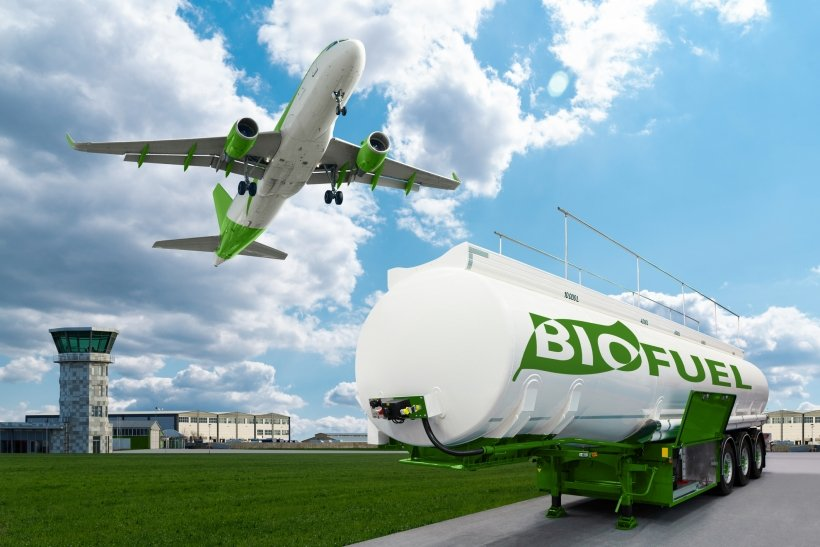
Ministers and officials engaged in high-level environment talks brokered by ICAO have urged countries to cooperate further through the UN agency toward a collective global long-term aspirational goal (LTAG) of net-zero carbon emissions by 2050, in support of the Paris Agreement’s temperature target.

The conclusions came last Friday evening after four days of deliberations among Ministers and other high-level officials representing 119 countries at ICAO Headquarters in Montréal, with over 700 participants from States and International Organizations attending the hybrid Meeting.

Recognizing that each State’s special circumstances and respective capabilities will inform the ability of each to contribute within its own national timeframe, while showcasing a collaborative spirit through constructive dialogue and respect for diversity, the new conclusions will aid a just and green transition for the decarbonisation of international aviation.

The “outstanding leadership and excellent chairmanship” of the meeting by the Minister of Public Works of Guyana the Honourable Bishop Juan Edghill was acknowledged by the ICAO Council President Salvatore Sciacchitano as being of key importance to the consultation and coordination process supporting the agreement.
The meeting outcomes will next be considered by the ICAO Council in August, and then by all 193 Contracting States to the Chicago Convention on International Civil Aviation at the upcoming 41st Session of the ICAO Assembly this September.

In his closing remarks to the four-day round of discussions, ICAO Secretary General Juan Carlos Salazar emphasized that “recovering from the effects of the pandemic and combatting climate change go hand-in-hand. As a global sector, aviation has a golden opportunity to show leadership as we “build back better”, aiming towards a sustainable decarbonized future.”
The Meeting considered inputs from States and International Organizations covering numerous scenarios and options for in-sector CO2 emissions reductions, based on the latest technological innovations, new types of aircraft and operations, and an increased global production capability for sustainable aviation fuels (SAF).

The clear agreement on the global goal was underpinned by the landmark ICAO LTAG Report developed by the ICAO Council’s Committee on Aviation Environmental Protection (CAEP), which will continue to serve as a cornerstone for States’ aviation CO2 emissions reduction discussions during the 41st Session of the Assembly.
“Let us continue in this same spirit of consensus-building,” Salazar stressed, “through constructive and collaborative discussions, as we approach that final agreement and a successful outcome at the Assembly for a long-term global aspirational goal.”

ICAO Council President Salvatore Sciacchitano concluded that “the decision today sends out a fundamental message on the commitment of ICAO to contribute to the fight against climate change through civil aviation decarbonisation.”


























Comments